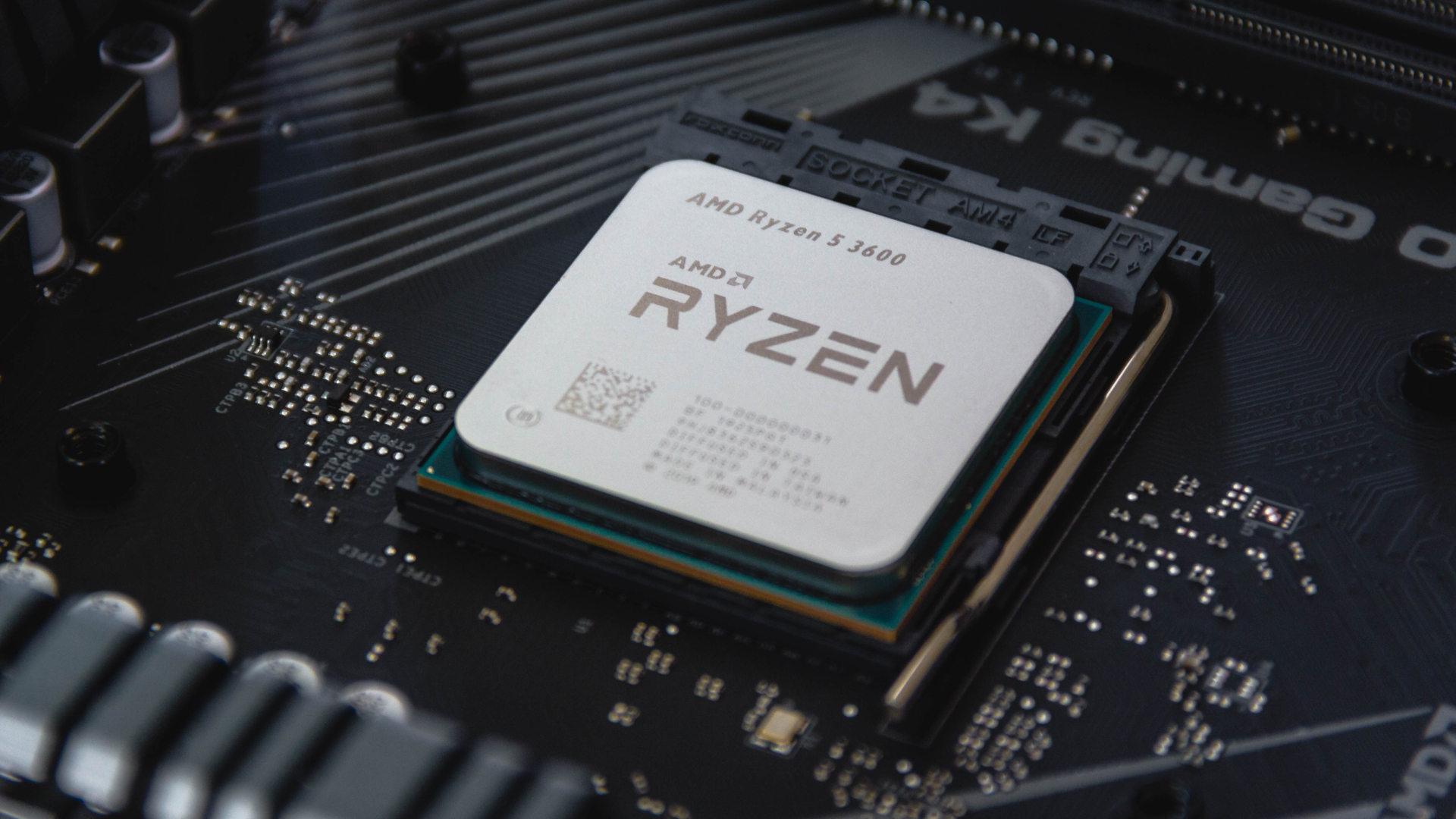Fix for AMD Windows 11 performance bugs available now – here's how to download
New updates let AMD processors to play nice with Windows 11

AMD Ryzen 5000 owners rejoice, there is now a fix for the performance problems encountered with certain processes and apps on Microsoft's new Windows 11 operating system.
As Windows 11 continues to roll out to Windows 10 computers across the world, reports surfaced quickly that computers running AMD processors were suffering from performance degradation after making the switch to Microsoft's newest operating system.
Given the popularity of AMD's recent series of Ryzen processors, this was a major headache for a lot of users who experienced as much as a 15% drop in gaming performance when the OS first rolled out this month, among other performance issues.
- Windows 11 problems: how to fix the most common issues
- How to download Windows 11
- These are the best AMD processors available right now
AMD says it now has a fix for this problem on its website, which it says is the result of improper CPU thread scheduling that isn't using the fastest available processing core as it should.
Another issue emerged after a new Windows 11 update introduced a new L3 cache latency bug that saw latency jump from 10 nanoseconds to 17 nanoseconds, a 70% increase. Windows now says it has a fix for this issue, which it details on its support site.
If you've been experiencing noticeable performance problems on your AMD-power laptop or desktop PC after upgrading to Windows 11, you should definitely check out the above solutions to see if they fix the problems.
Analysis: Windows 11 is getting there
With the latest Windows 11 release being only a few weeks old at this point, there are bound to be bugs that need to be cleaned up over time.
Sign up for breaking news, reviews, opinion, top tech deals, and more.
It is strange though that these problems weren't ironed out earlier in the process, considering how widespread the problem was and how easily it could have been identified.
The problems with the L3 Cache and processor scheduling affected a large number of AMD chips, so the problem should have popped up pretty quickly in the testing phase on both AMD and Microsoft's side. We're not sure why it wasn't, or if it was something they did see, but didn't have time to fix before the OS started rolling out to Windows 10 users.
In any case, we're glad there's a fix so AMD fans can get the performance they expect out of Microsoft's new OS.
- Stay up to date on all the latest tech news with the TechRadar newsletter

John (He/Him) is the Components Editor here at TechRadar and he is also a programmer, gamer, activist, and Brooklyn College alum currently living in Brooklyn, NY.
Named by the CTA as a CES 2020 Media Trailblazer for his science and technology reporting, John specializes in all areas of computer science, including industry news, hardware reviews, PC gaming, as well as general science writing and the social impact of the tech industry.
You can find him online on Bluesky @johnloeffler.bsky.social